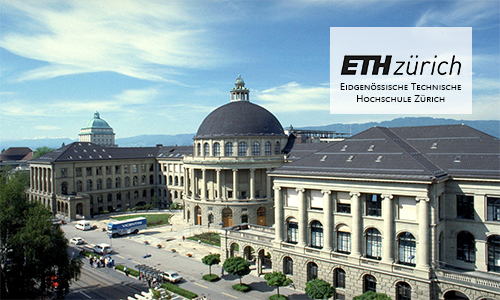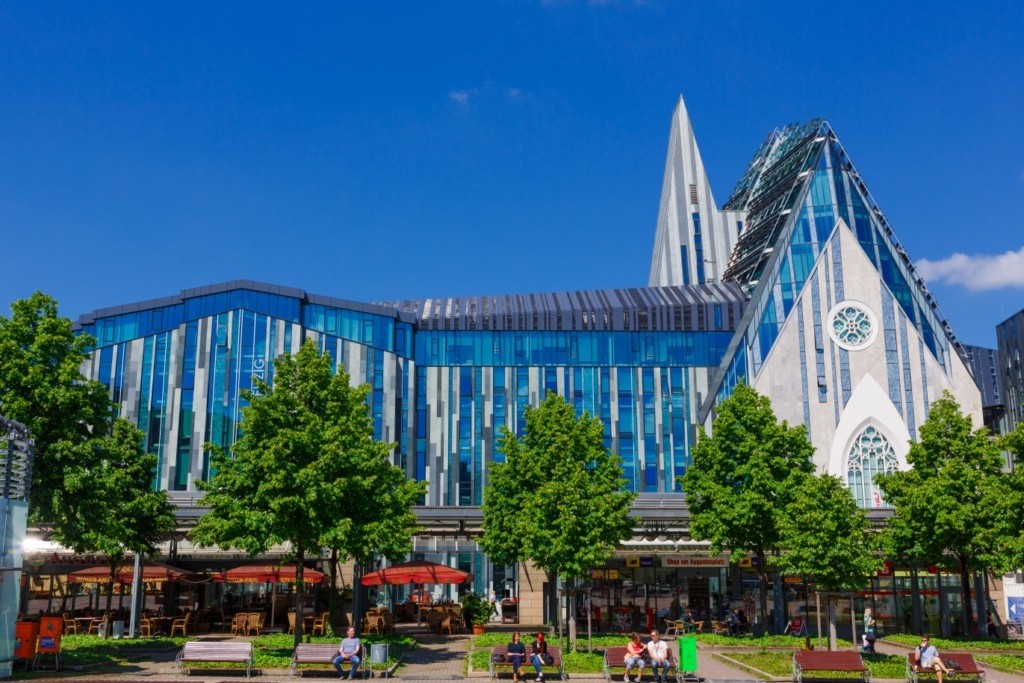We are offering a position in data science programming and geospatial earth science to join the science branch of the Crowther Lab at ETH Zurich - a unique research group specializing in global ecosystem ecology that aims to improve our collective understanding of the scientific processes regulating the Earth’s climate.
Job description
The focus for this position will be mapping the above and below ground terrestrial biosphere at a higher spatio-temporal resolution. Using massive ecological datasets, the Crowther Lab has developed various approaches to modelling critical ecosystem information and processes across the globe. They now aim to develop more tailored maps relevant to the needs of restoration practitioners who want to a) better understand their ecosystem, b) support the development of restoration strategies and c) monitor their progress over time. As such, the specific function of this role will be to lead the technical side of projects involving “big data”. The successful candidate will develop geospatial models (largely in Google Earth Engine) and implement cutting-edge machine learning tools to provide new information on ecosystem components like tree species diversity, global tree cover, soil carbon storage, and soil microbial distributions. The individual will leverage and improve the modelling pipeline already developed by the Crowther Lab to develop new ecological layers (local and global) and enhance the resolution of existing layers. The candidate will also help to build and design web platforms to share these geospatial layers with many of the group’s partner organizations that aid in combatting climate change and biodiversity loss. Candidates should have the ecological skills to aid in interpreting and refining these large datasets and models, as well as the readiness to learn how to adapt websites interfacing with Google Earth Engine. Part of the role will involve liaising with the group’s partner organizations (e.g. restoration projects) to better understand their needs, and concisely communicate what our models / maps are capable of showing (in terms of spatial and/or temporal resolution, and with what degree of certainty).
In terms of activities, the Data Scientist will spend time aiding with the technical upkeep, development, and management of our modeling pipeline and website mapping platform, dealing with global-scale multiband composited raster images (based out of Google Earth Engine), and maintaining related metadata documentation. They will gain valuable experience on the cutting edge of geospatial analytics, “big data” management, and the development of web applications that specialize in mapping. The position will be undertaken with the potential opportunity of making the position permanent, as the Crowther Lab looks to expand their team of programmers and enhance their impact across the global conservation community.
Your profile
We are looking for a highly-motivated candidate with experience in geospatial computing, machine learning, and “big data” science/management. In order to communicate the basis for our maps, a candidate with a PhD and/or applied experience working with scientific models would be required. Additional experience in the fields of ecosystem ecology and web application development would be highly beneficial. The ideal candidate will demonstrate a strong skill set in remote sensing with an ability to combine data science and geospatial web application development. The ability to work in Google Earth Engine and knowledge of multiple programming languages are required, and experience working with Python, JavaScript, and R is particularly desirable. Familiarity with other software is useful but not essential (e.g., QGIS/ArcGIS). Candidates with experience running multiple machine learning model ensembles, deep learning neural networks, random forests and variations on linear regressions will be preferred.
Interested?
We look forward to receiving your online application with the following documents:
- CV
- Cover letter
Please note that we exclusively accept applications submitted through our online application portal. Applications via email or postal services will not be considered.
For further information about the application or group please contact Petra Buchner by email, pbuchner@ethz.ch (no applications).









